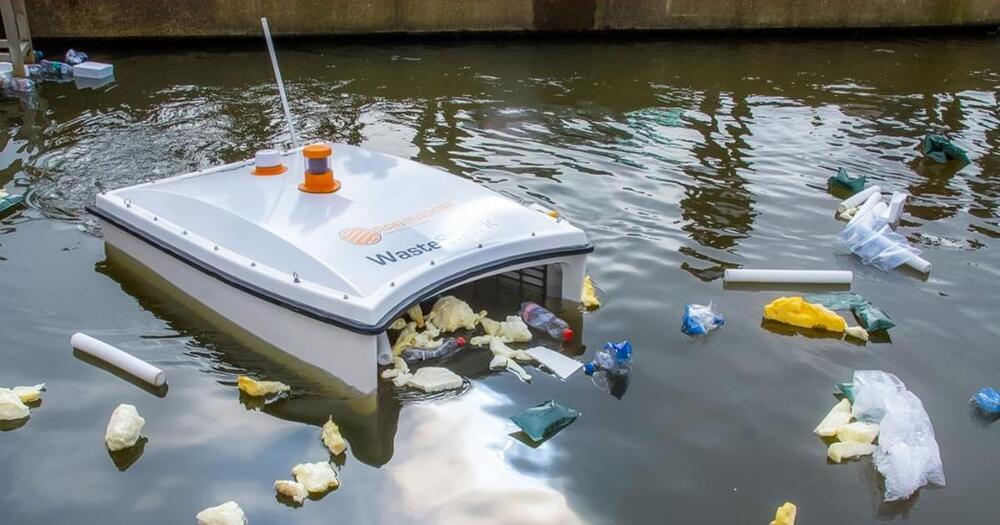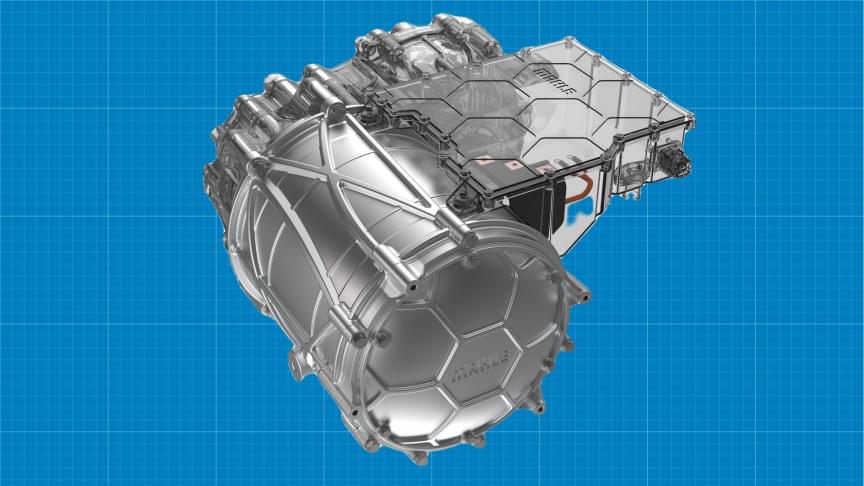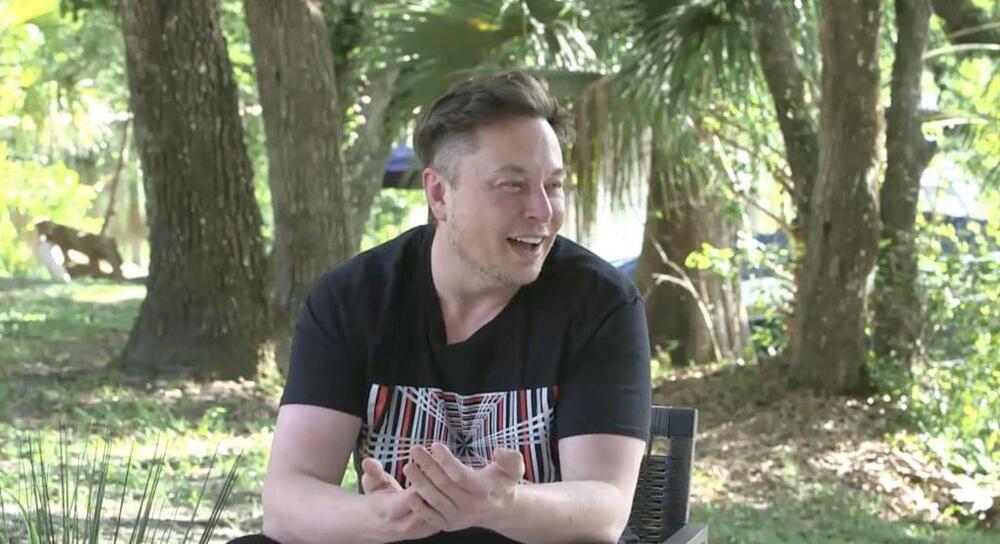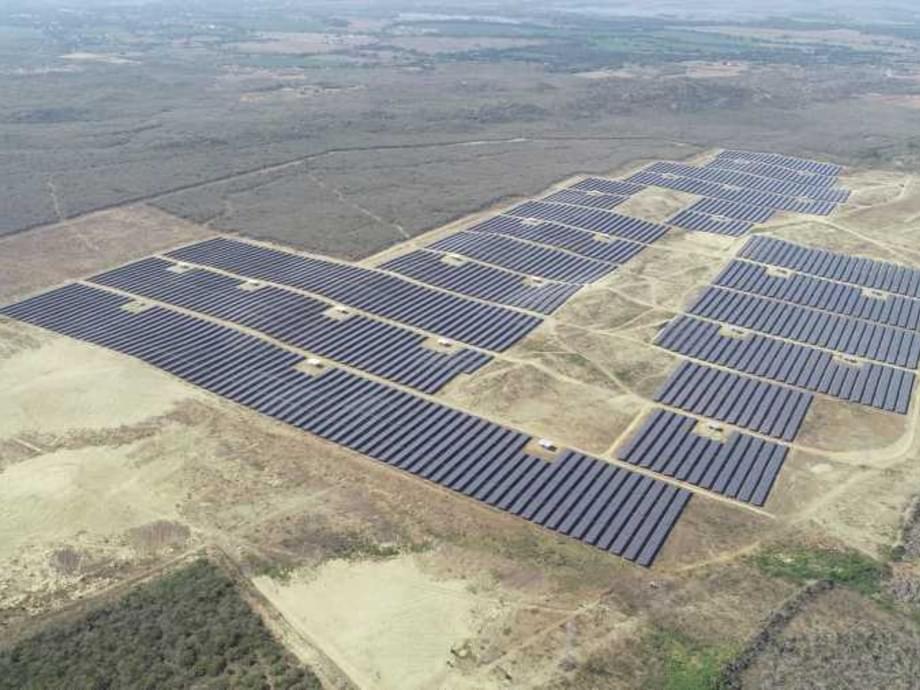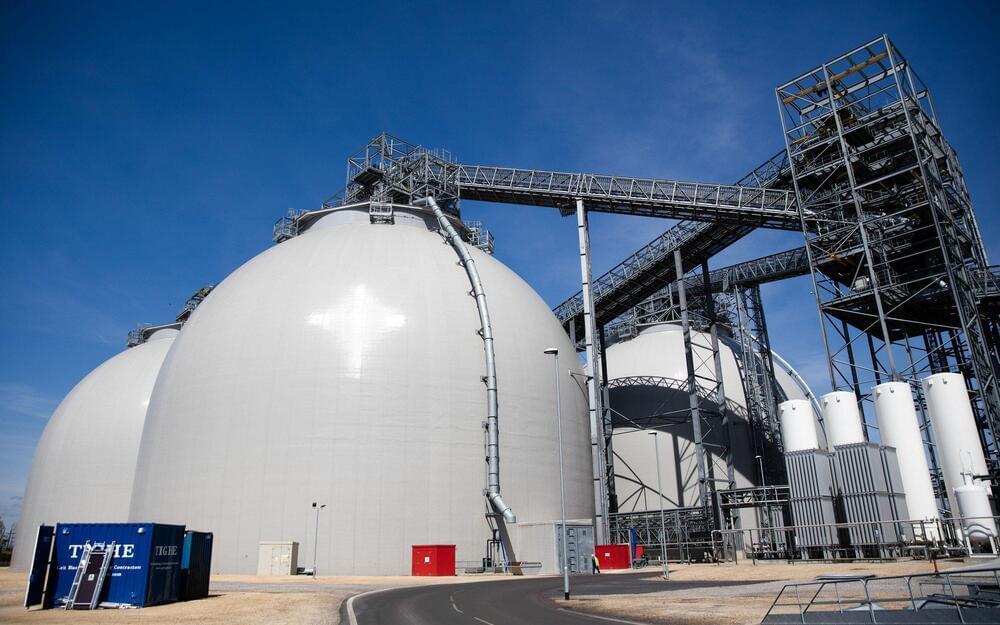Archive for the ‘sustainability’ category: Page 286
Feb 15, 2022
Marvel At The Size Of Giga Texas As Drone Takes 360-Degree Flight
Posted by Shubham Ghosh Roy in categories: drones, sustainability
Located near Austin, Tesla’s Gigafactory Texas is expected to start producing Model Ys for customers before the end of this quarter.
Feb 15, 2022
Autonomous Trash-Eating Boats Clean Up Water Pollution
Posted by Shubham Ghosh Roy in categories: food, robotics/AI, sustainability
With marine debris a growing concern, innovators are getting creative — designing autonomous boats that act as on-the-water trash-eating machines.
The latest development comes from the Danish company RanMarine Technology. They’ve created an aquadrone called WasteShark that sucks up waste from the water much like a Roomba — consuming up to 200 liters of garbage in a single ride.
Feb 15, 2022
New Magnet-Free Electric Motor Needs No Maintenance
Posted by Quinn Sena in categories: sustainability, transportation
In order to come up with their design, MAHLE said it used a state-of-the-art simulation process that allowed it to adjust and combine the parameters of different motor designs incrementally in order to settle on the optimal solution. The company says this new method allows it to “quickly create the necessary technical conditions in order to advance e-mobility in a sustainable manner worldwide.”
Though the new motor design was conceived using the very latest simulation processes, the inception of induction motors dates back to the 19th century when they were invented by Nikola Tesla. A new electric vehicle development, EV-charging roads, similarly builds on the inventor’s early work on alternating currents.
Feb 15, 2022
Elon Musk gave 5 million Tesla shares to charity after teasing possible donation to fight world hunger
Posted by Genevieve Klien in categories: Elon Musk, food, sustainability
Tesla Inc. Chief Executive Elon Musk donated more than 5 million Tesla shares in November, days after the U.N. World Food Program outlined a plan to potentially use a $6 billion donation from the world’s richest man.
A filing with the Securities and Exchange Commission made public Monday showed the donation, but not the recipient. The Tesla TSLA, +4.48% shares were transferred in batches between Nov. 19 and Nov. 29, as Musk was also selling Tesla stock in preparation for a large tax bill.
Feb 15, 2022
Tesla’s Elon Musk donates over 5 million TSLA shares to charity, reveals SEC filings
Posted by Genevieve Klien in categories: Elon Musk, sustainability, transportation
Tesla CEO Elon Musk donated over 5 million TSLA shares to an undisclosed charity, according to a SEC Form 5 filed on Monday, February 14, 2022.
The filing reveals that Elon Musk donated approximately 5,044,000 TSLA shares worth about $4.42 billion, considering that Tesla stock is priced at $875.76 as of this writing. Based on the SEC filing, Elon Musk started donating the stocks on November 19, 2021, a time when over 5 million TSLA shares were worth roughly $5.74 billion.
The transaction code for the stock was filed under “G,” which stands for “Gift of securities by or to the insider” or “Bonafide gift.” Under “Explanation of Responses,” the filing reads: “Represent a bona fide gift of the Issuer’s common stock by the Reporting Person to charity.” The charity Elon Musk donated to was not revealed.
Feb 15, 2022
Dominican Republik: A picture-perfekt solar park
Posted by Shubham Ghosh Roy in categories: solar power, sustainability
The Dominican Republic is home to the largest solar park in the Caribbean. It was built by F&S Solar. The company based in Euskirchen, Germany, has relied exclusively on Lapp for many years.
Feb 14, 2022
‘Expensive’ energy from biomass plant will cost three times that of solar power and drive up bills
Posted by Shubham Ghosh Roy in categories: government, solar power, sustainability
Poor value of long-delayed biomass project leads Tory peer to say ‘the Government is backing a dead horse’ in sustainability drive.
Feb 14, 2022
The DeLorean Is Officially Back, And It’s Electric
Posted by Quinn Sena in categories: sustainability, transportation
The DeLorean is returning in 2022 as an electric vehicle, reviving the brand made famous by Back to the Future.
Feb 14, 2022
Elon Musk — People Don’t Realize What’s Coming!
Posted by Sean Brazell in categories: business, climatology, education, Elon Musk, law, space, sustainability
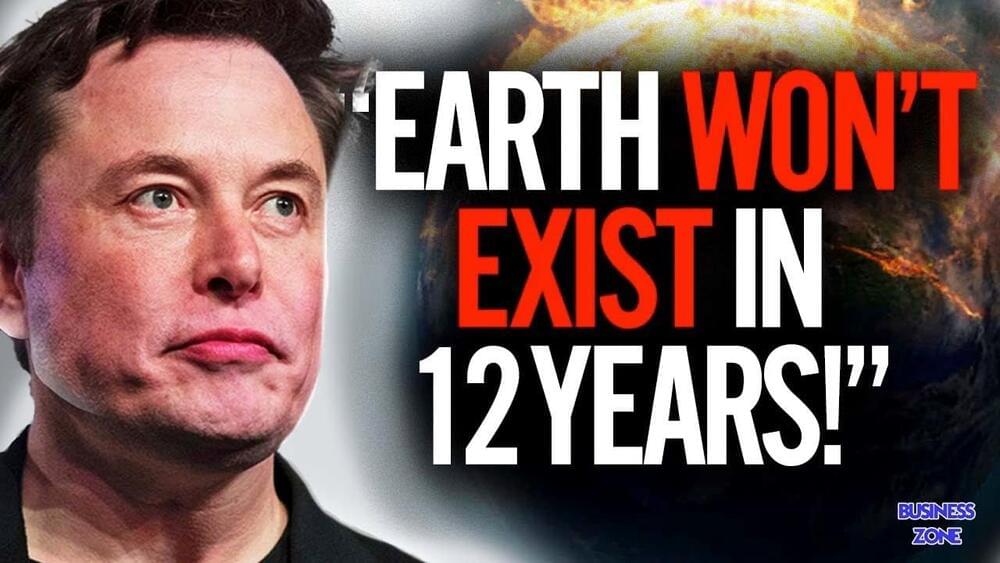
He’s absolutely right about birth rates and its implications for our species. OVER population is a disproven concept as far as our near and near-far future goes.
Elon Musk is the charismatic co-founder of PayPal and Tesla, as well as the founder of SpaceX, Neuralink, and The Boring Company. He serves as CEO of Tesla and CEO/lead designer of SpaceX. Watch along as he explains why earth doesn’t have a lot of time left.
Continue reading “Elon Musk — People Don’t Realize What’s Coming!” »


